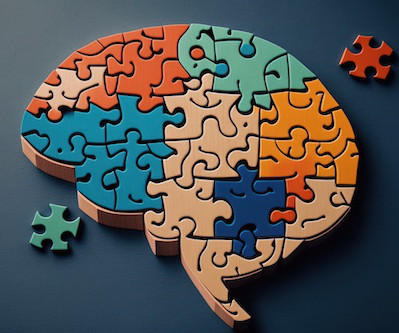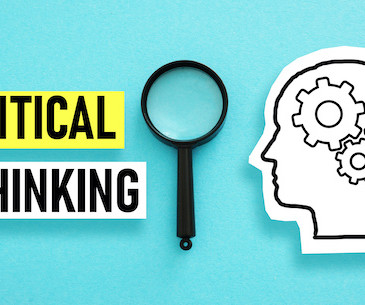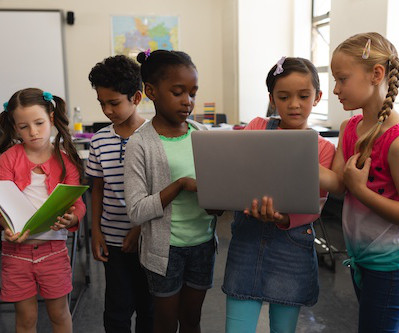5 strategies to close the critical thinking gap
eSchool News
JUNE 4, 2024
Key points: Critical thinking should not be separate from and on top of what teachers are doing in the classroom How to help students build critical success skills 3 lessons on perseverance from Stoffel the honey badger For more news on durable skills, visit eSN’s Innovative Teaching hub Achievement discrepancies among U.S.












Let's personalize your content